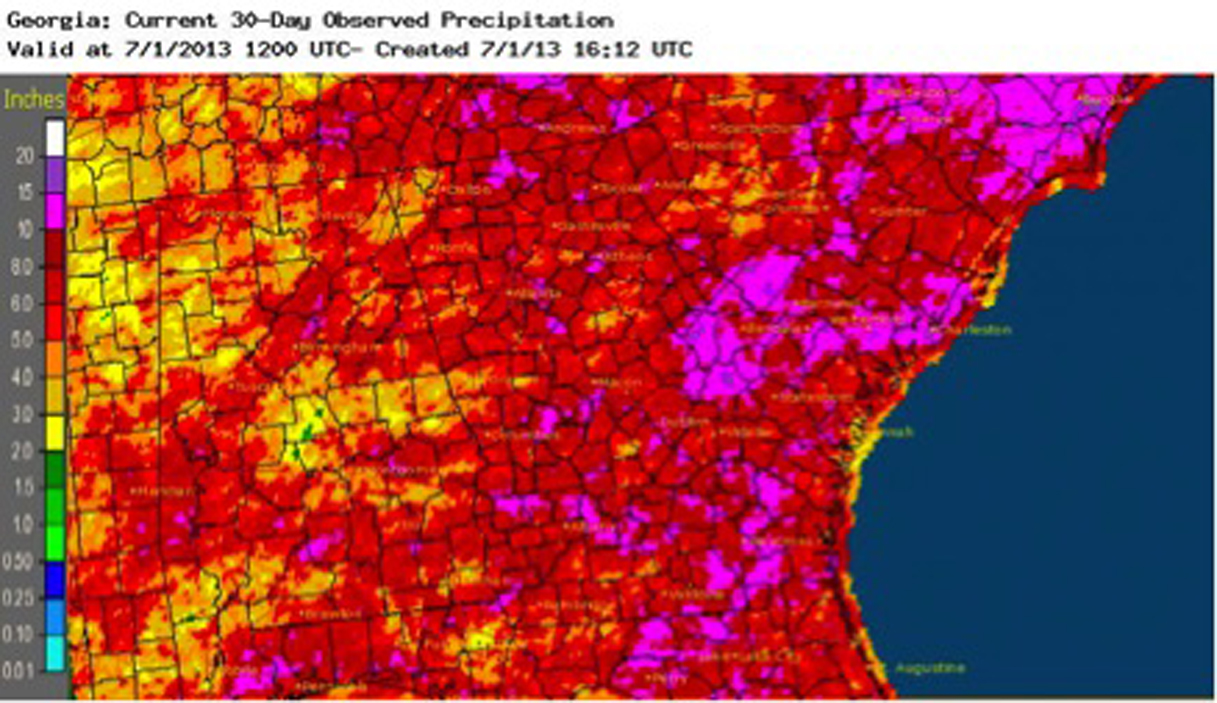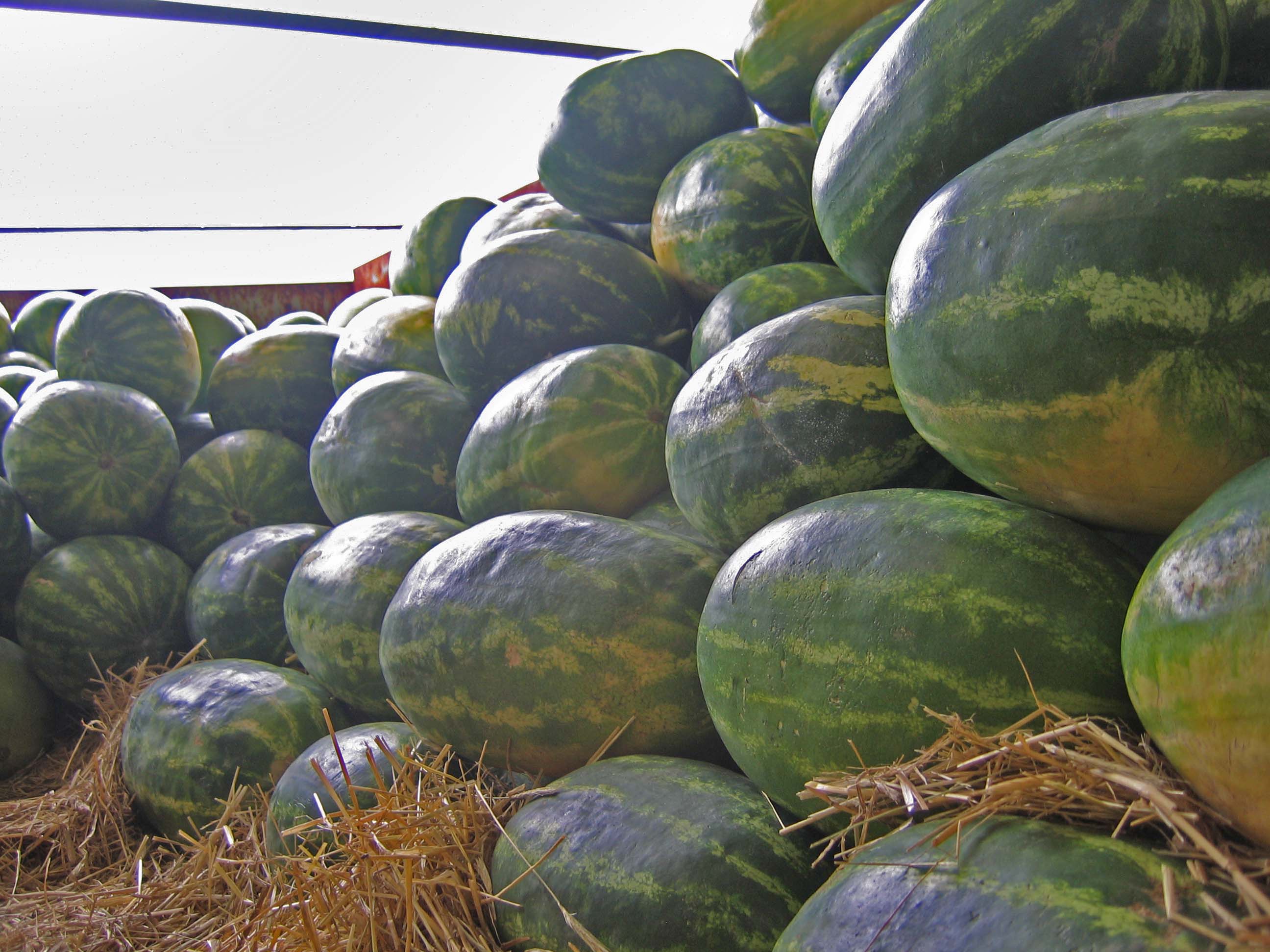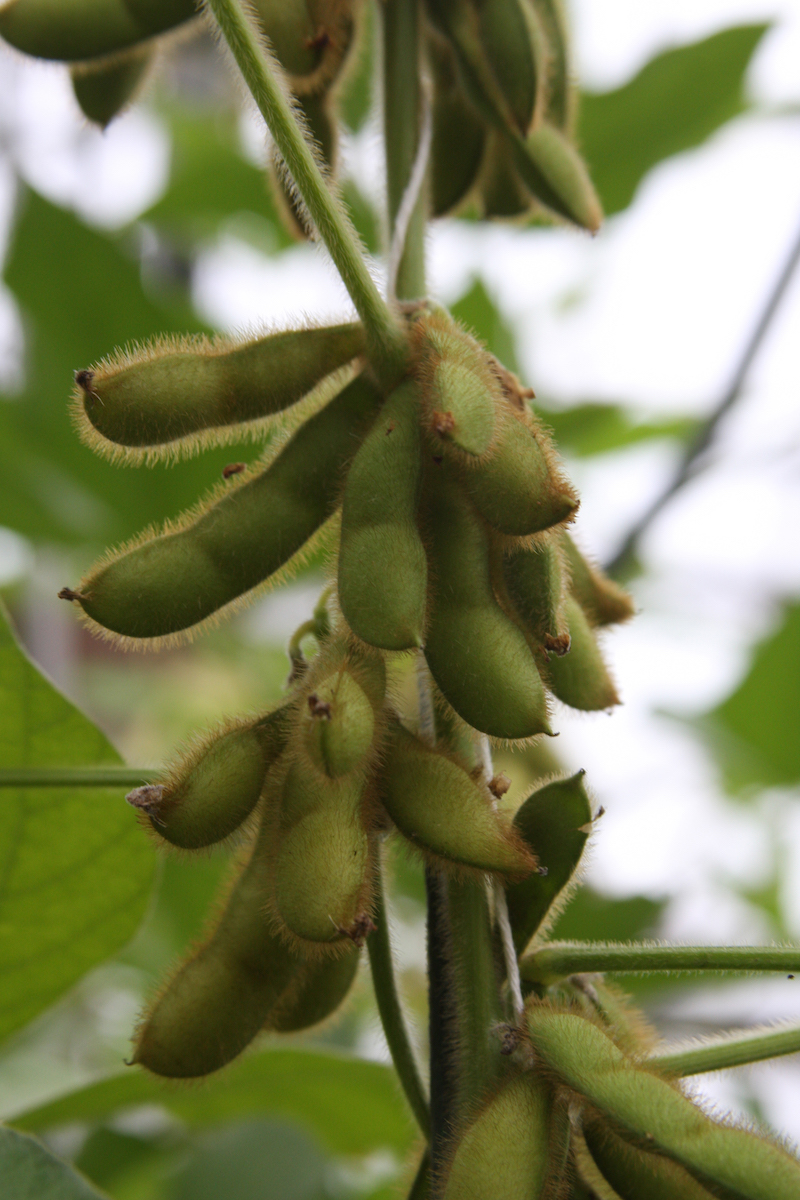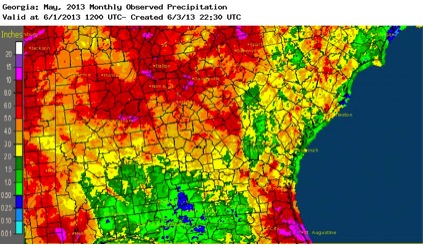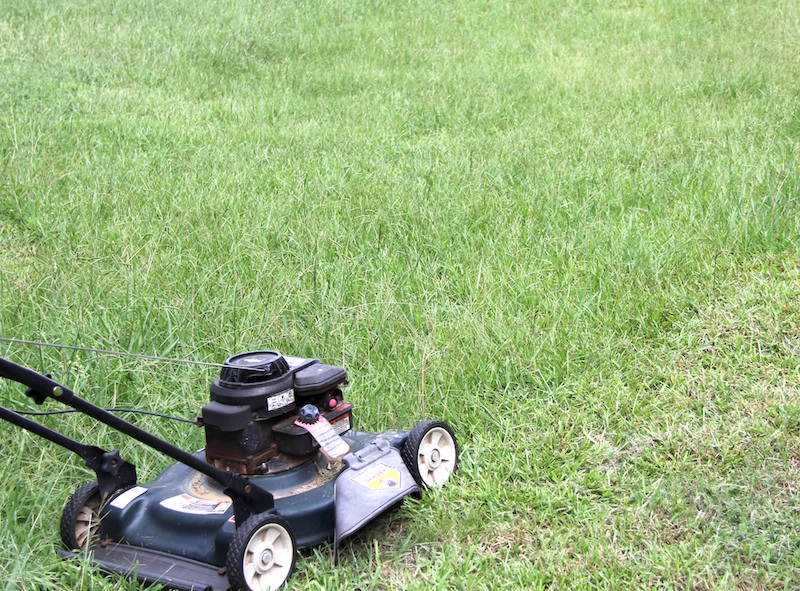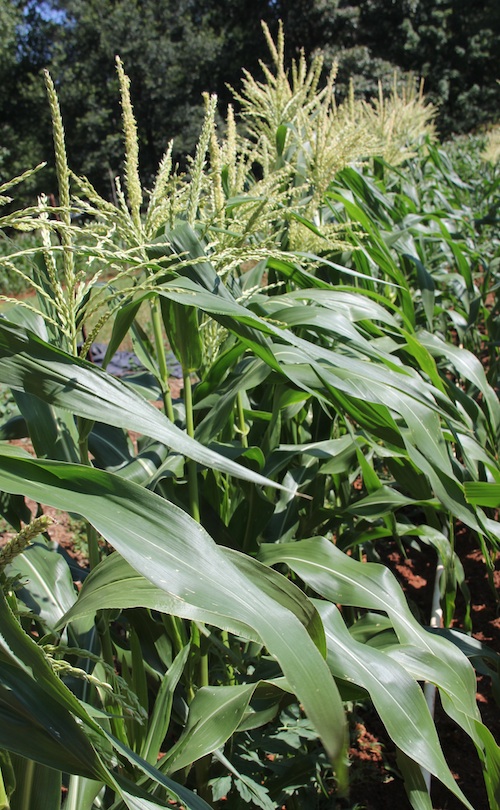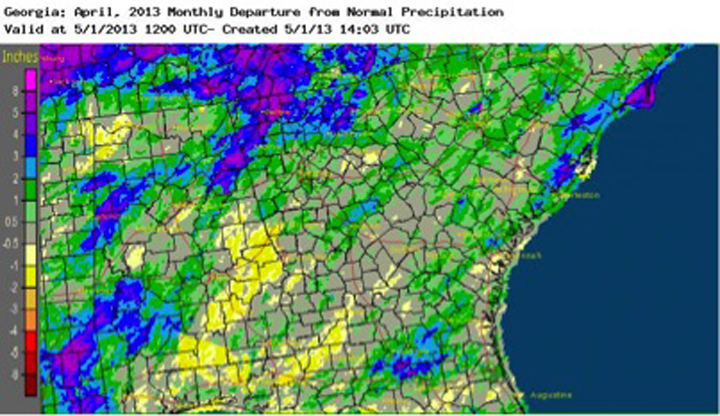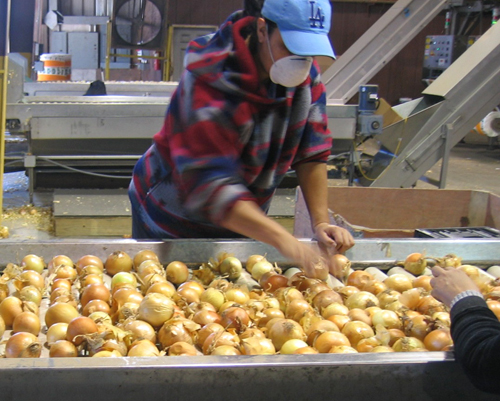Breeding resilience
Corn, wheat, rice and other modern cereals have been bred over the past centuries to produce as much grain as possible. However, to feed a growing population, plant breeders may have to coax out the raw survival traits of older and locally adapted plant varieties.

